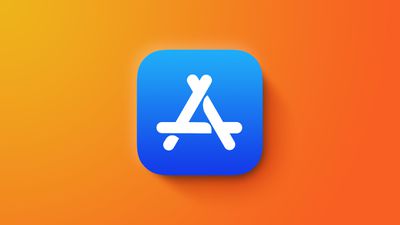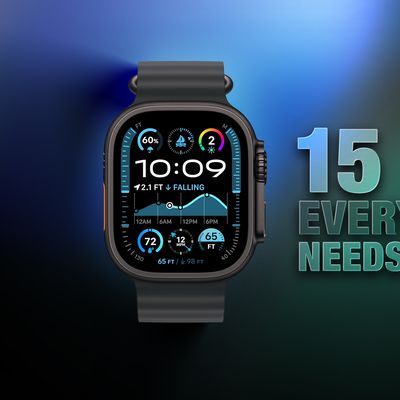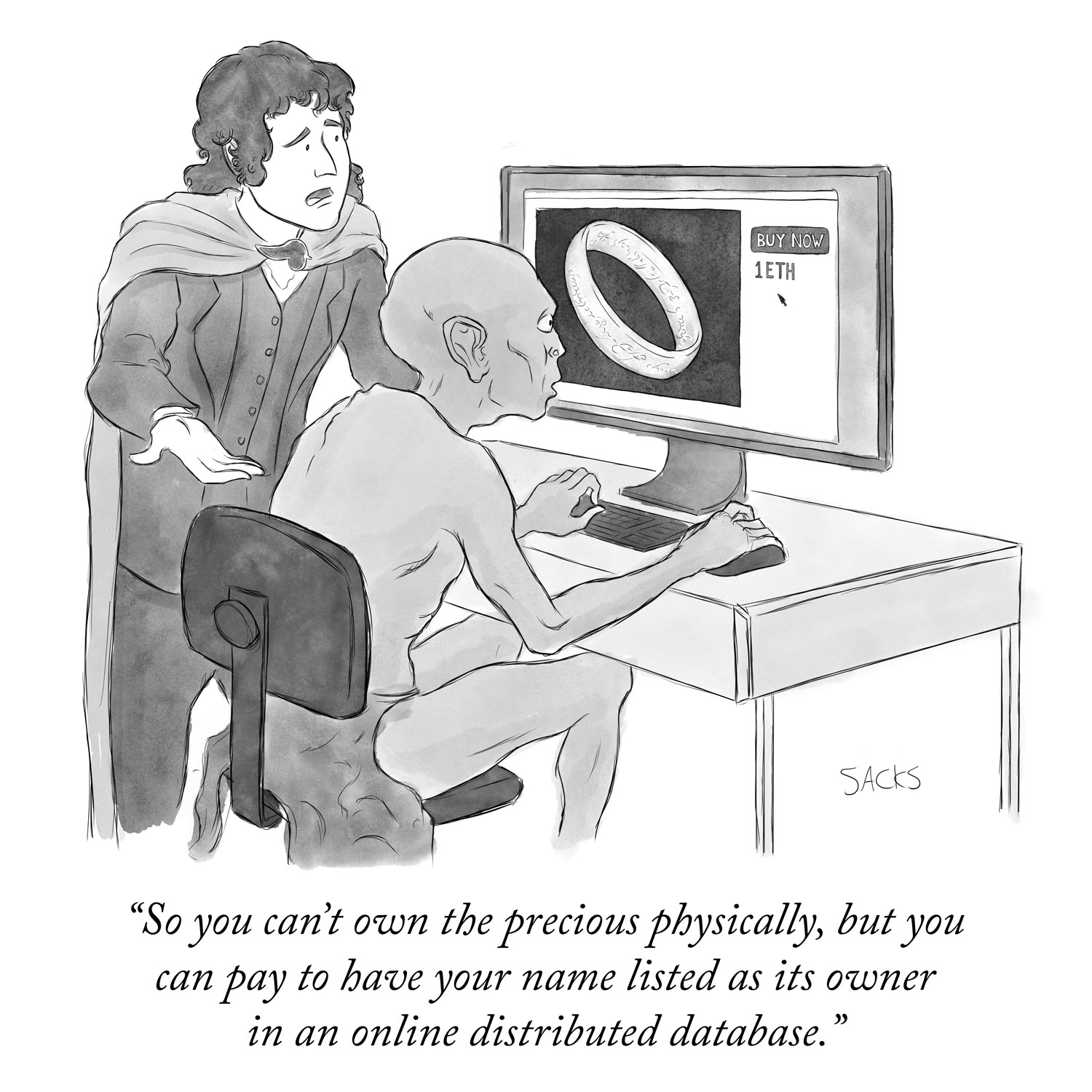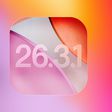With the release of iOS 16.1 and iPadOS 16.1, Apple has updated the App Store review guidelines that are provided to developers who create apps for iPhones and iPads.

Apple is now requiring that apps provide the App Review team with full access to an app, with an active demo account or demo mode for apps that include account-based features. The change will make it easier for app reviewers to investigate all of the parameters of an app.
In regard to NFTs, or non-fungible tokens, Apple allows apps to sell NFTs and services related to NFTs, as long as in-app purchases are used. Apps can offer minting, listing, and transferring capabilities, and can use NFTs to unlock in-app content when in-app purchases are used.
Apps can also allow users to view already-owned NFTs, but already-owned NFTs cannot be used to unlock features or functionality within an app as a way to skirt in-app purchases. Apple's full wording is below:
"Apps may use in-app purchase to sell and sell services related to non-fungible tokens (NFTs), such as minting, listing, and transferring. Apps may allow users to view their own NFTs, provided that NFT ownership does not unlock features or functionality within the app. Apps may allow users to browse NFT collections owned by others, provided that the apps may not include buttons, external links, or other calls to action that direct customers to purchasing mechanisms other than in-app purchase."
Apple says that apps created for the sole purpose of allowing advertisers to purchase and manage advertising campaigns across media types do not need to use in-app purchases, while also clarifying that digital purchases such as "boosts" within social media apps such as Facebook do indeed need to use the in-app purchase function. From the guidelines:
"Advertising Management Apps: Apps for the sole purpose of allowing advertisers (persons or companies that advertise a product, service, or event) to purchase and manage advertising campaigns across media types (television, outdoor, websites, apps, etc.) do not need to use in-app purchase. These apps are intended for campaign management purposes and do not display the advertisements themselves. Digital purchases for content that is experienced or consumed in an app, including buying advertisements to display in the same app (such as sales of “boosts” for posts in a social media app) must use in-app purchase."
The updated guidelines also ban any concepts that attempt to capitalize or profit from "recent or current events, such as violent conflicts, terrorist attacks, and epidemics." With the Matter smart home standard now integrated into iOS, apps that support Matter must use Apple's support framework for Matter to initiate pairing.
Other guideline changes prevent music from iTunes and Apple Music previews from being used for entertainment value, and allow apps to facilitate cryptocurrency transactions so long as the functionality is only offered in countries where the app has appropriate licensing.
Apple's full App Store guidelines can be found on the Apple Developer website.





















